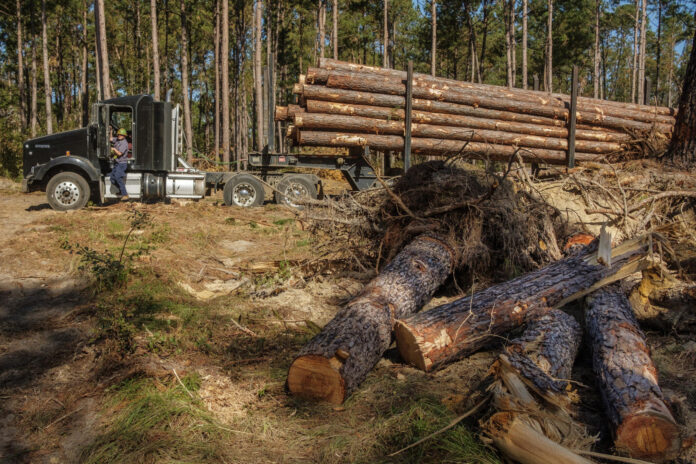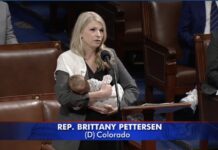
(Georgia Recorder) — Georgia leaders from both sides of the aisle are urging Congress to act on disaster relief as the clock winds down on the current term.
Republican Gov. Brian Kemp sent a letter Tuesday to congressional budget leaders expressing the “urgent need” for federal aid, specifically asking for block grant funding for agricultural relief.
Based on what Kemp called an early estimate, the governor wrote that Georgia will be requesting more than $12 billion in federal aid to help the state recover from “unprecedented damage.” About half of that evolving request is for the state’s hard-hit agricultural industry.
“Hurricane Helene wrought unparalleled damage across our state, leaving thousands of families displaced, businesses shuttered, and our farmers facing catastrophic losses,” Kemp wrote.
“Georgia’s agricultural sector, a cornerstone of our economy and cultural identity, was hit particularly hard. Specialty crops, livestock operations, and small farms have suffered widespread devastation, many without sufficient insurance coverage to recover independently,” he added.
And on Wednesday, U.S. Sen. Jon Ossoff, a Democrat, appealed directly to federal appropriators as they began to vet a nearly $100 billion disaster funding request from the White House, pushing them to approve disaster funding before the calendar flips to 2025. He appeared with North Carolina Sen. Thom Tillis, a Republican, in a bipartisan show of urgency.
“We must refuse the temptation to delay or to get dragged into politics,” Ossoff said. “We must swiftly pass disaster assistance by the end of the year. My constituents and Americans in every state hit by this terrible storm and hit by natural disasters for the last several years are counting on all of us.”
Helene ripped through the southeast in late September, devastating communities in the storm’s path and causing 34 deaths in Georgia – making it the deadliest storm to hit the state in more than a century.
And state officials warn that the storm threatens to leave a lasting mark on Georgia’s prized agricultural industry without timely federal aid. Pecan growers, poultry producers and tree farmers are among those left reeling in the wake of the storm.
Ossoff highlighted some of the more eye-popping agricultural losses: damages to 1.5 million acres of timberland, nearly 400,000 lost pecan trees, about 300 poultry houses destroyed, and a loss of about one-third of this year’s cotton crop.
“The numbers are staggering, but this isn’t about numbers,” Ossoff said. “It’s about families and rural communities, and without our help, the simple fact is that many of these family farms will fold, and they may fold soon. They’re staring at devastated farmland and orchards, they’re deep in the red, and they’re under immense stress.
“If they go under, our rural communities go under, the local tax base funding schools and infrastructure is destroyed, and the rural way of life in Georgia risks disappearing altogether,” he said.







